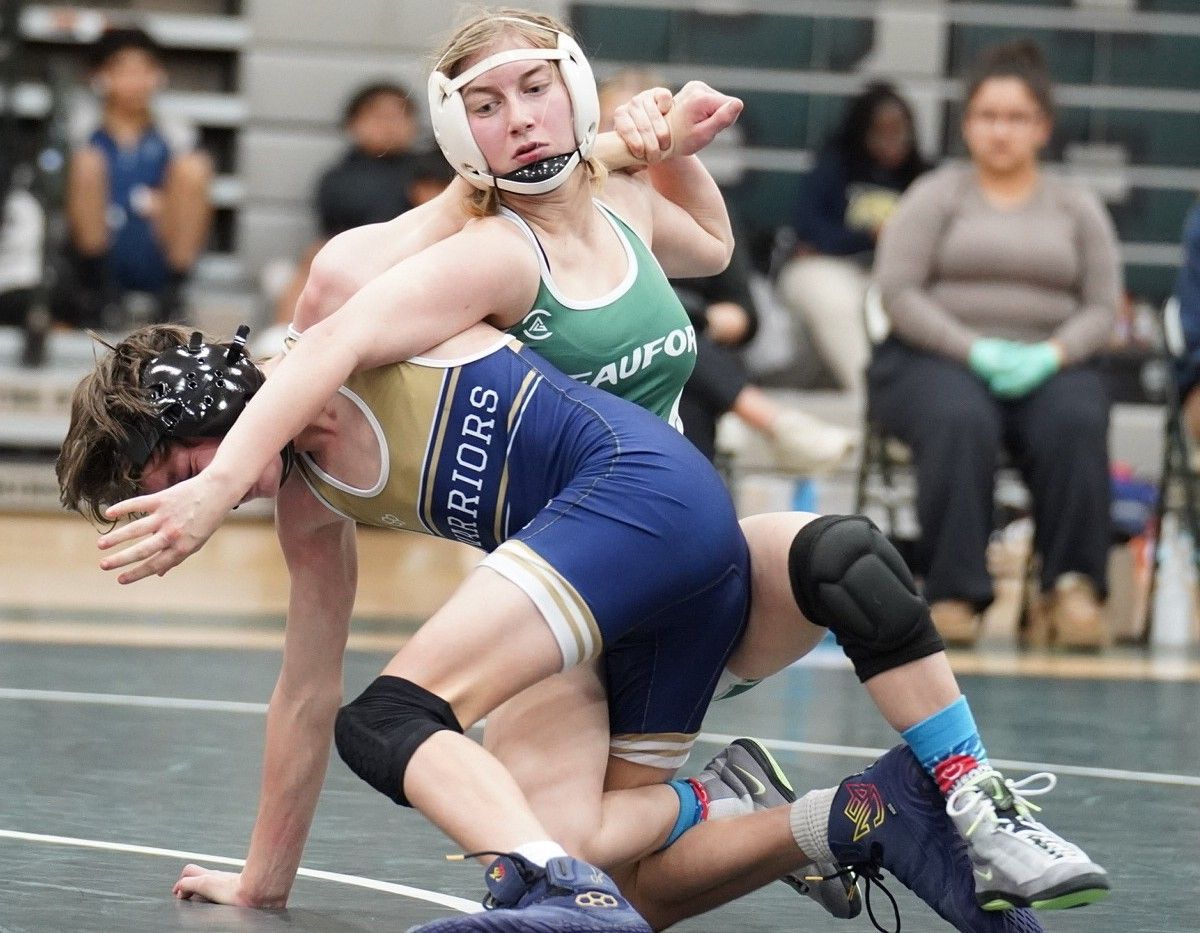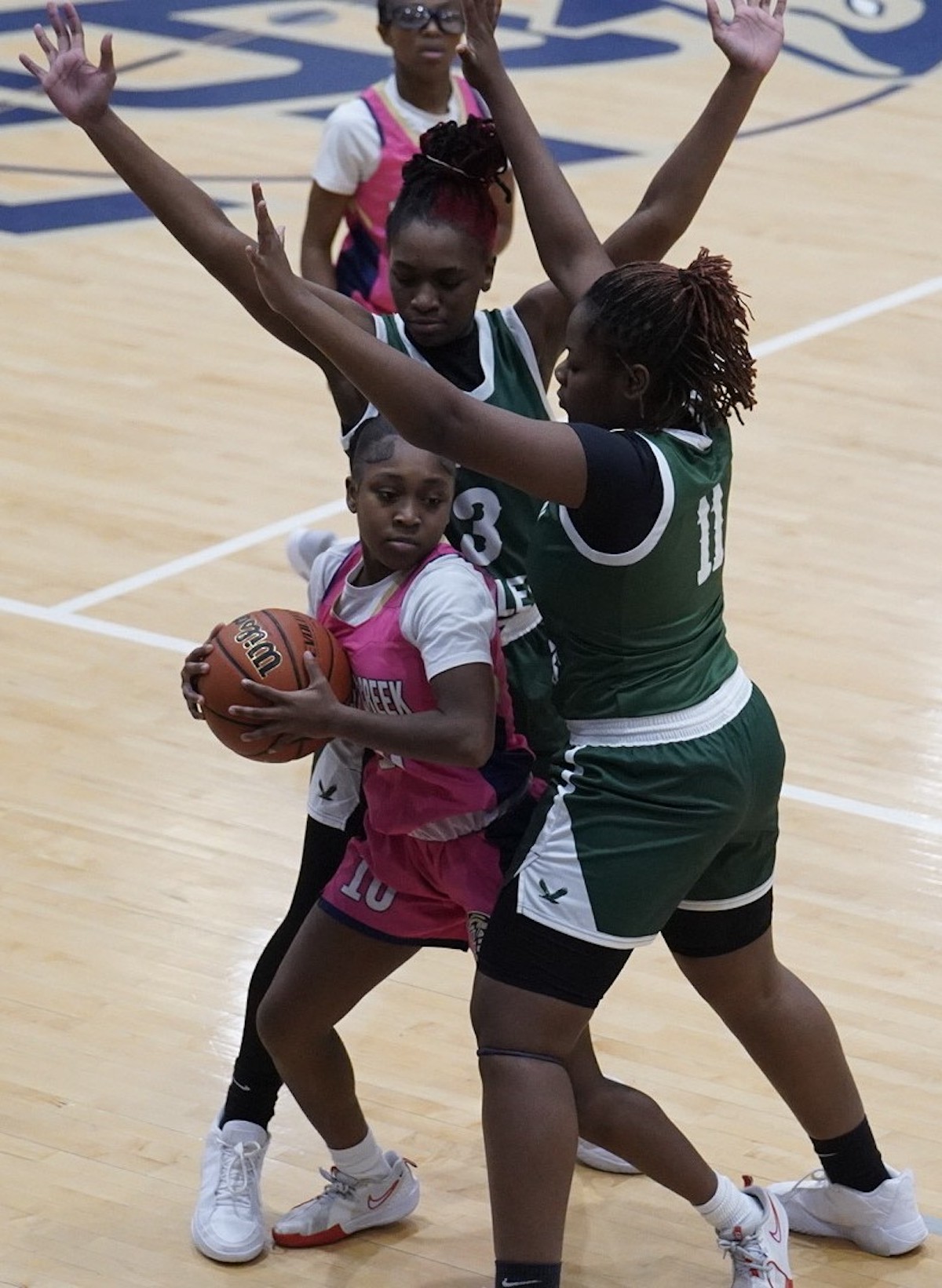By SCOTT GRABER
Although American newspapers currently face an existential crisis they still observe certain norms — “If it bleeds it leads.”
And on Father’s Day, one can expect an essay on fatherhood.
It is usually a predictable listing of the life lessons the writer’s father taught him or her. These are lessons the writer did not understand or appreciate until the writer became a father in his own right.
One can expect to read these essays and, yes, wipe back a small tear as he or she thinks back on his or her relationship with their father.
This morning I read the Beaufort Gazette’s Father’s Day offering as presented by Gina Barreca who teaches English at the University of Connecticut. Sure enough the first part of her ‘Letter to Dad’ was the expected homage, the missing of a man who sometimes listened to “We Gotta Get Out of This Place” and “Sitting on the Dock of the Bay” as father and daughter drove through the verdant Connecticut countryside.
But as Gina’s piece winds down to its inevitable, predictable conclusion, there is a change in tone.
“The odd thing is, of course, that I didn’t like you when I was a little kid. I saw you only as the person who made my mother sad. In part that was because I hardly knew you, since you worked six and sometimes seven days a week at the family business sewing and selling bedspreads and curtains, leaving before I was awake and returning home only an hour or so before I went to bed.
“The other contributing factor to my sense of distance and of wariness, however, is that I believe you really were a lousy husband to my Mom. There’s no reason not to be honest now, right, Dad? She didn’t trust you and probably had reason not to. I was her ally, and you were the opposition, if not the enemy.
“When she died, young, sad and unreconciled to life, you and I were left in what had become a lonely and dreary house to sift through the wreckage.”
Whoa! This is not the Splenda-tasting essay that one expects on Father’s Day.
“You really were a lousy husband to my Mom,” was not the sentiment this reader was expecting.
But now, now I was interested in Gina Barreca and her father. All of which made me think back to a recent wedding in Dawsonville, Ga.
It was my nephew’s wedding which was also attended by my younger brother and sister.
In the course of the reception — and after three maybe four glasses of Chardonnay — I approached my brother and asked him to tell me about his rocky relationship with our father. He was willing to talk and soon we were comparing notes about the arguments and the (occasional) fights we both had with the old man.
Soon we were joined by my sister who sometimes witnessed the father-son conflict.
As we watched the father of the bride dance with his departing daughter (“The Way You Look Tonight”) the three of us talked about our father’s anger. But as the DJ moved from Tony Bennett to Taylor Swift we realized that the three of us now saw our father in a more sympathetic light.
We now see a man, just back from World War II, trying to make up for lost time. A young man who lost his innocence tending to American casualties in Manila. A father trying to give his children a shrapnel-free adolescence — something he had lost somewhere between the Aleutian Islands and the Philippines.
By the time I was 17, my father was attached to the Surgical Research Unit at Brook Army Medical Center. He was doing burn research and was getting himself published in medical journals.
But then he decided that we — my mother and my siblings — ought to move to Europe while he was in the Army. And so he got himself transferred to a small laboratory in Germany, did routine lab work, but took us to Vienna, London or Barcelona almost every weekend.
My brother and sister agree that our father put his professional ambition on hold — for at least a year — in order to get to know us better.
Gina Barreca’s letter to her deceased father begs the question — Is it possible to rebound and reboot after a thoroughly disastrous marriage?
Apparently so. Gina Barreca writes about the years following her mother’s death.
“And we did (create a bond) in ways that forged the father/daughter relationship that had never before existed. I hope you can hear me now, or read me, or sense my wave in your direction. You did the best you could to become a good father to a tough daughter, and I did my best to make you proud. We did just fine, Dad. Just fine.”






